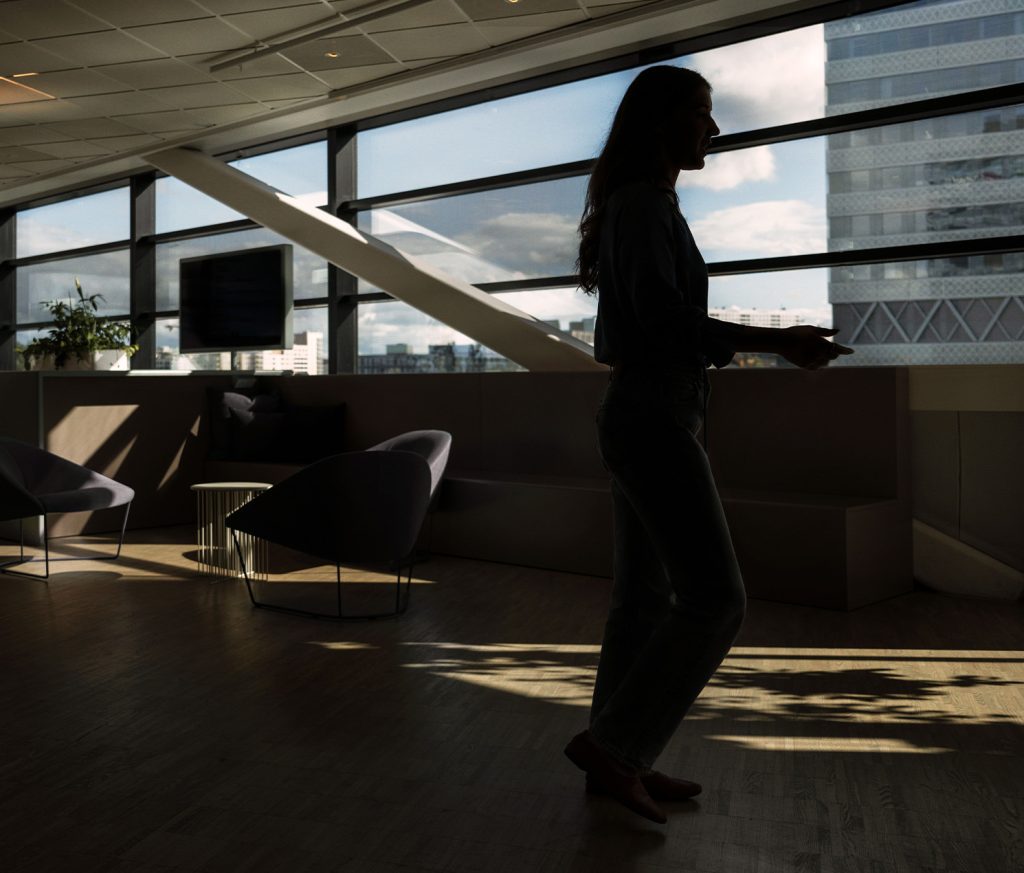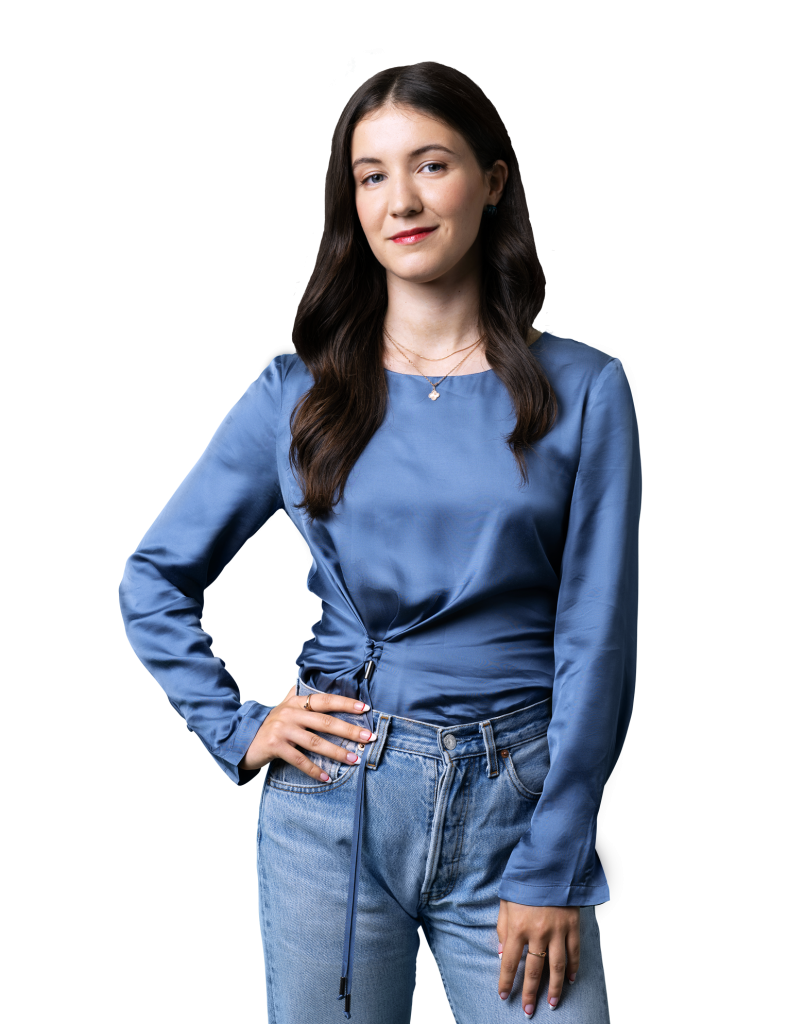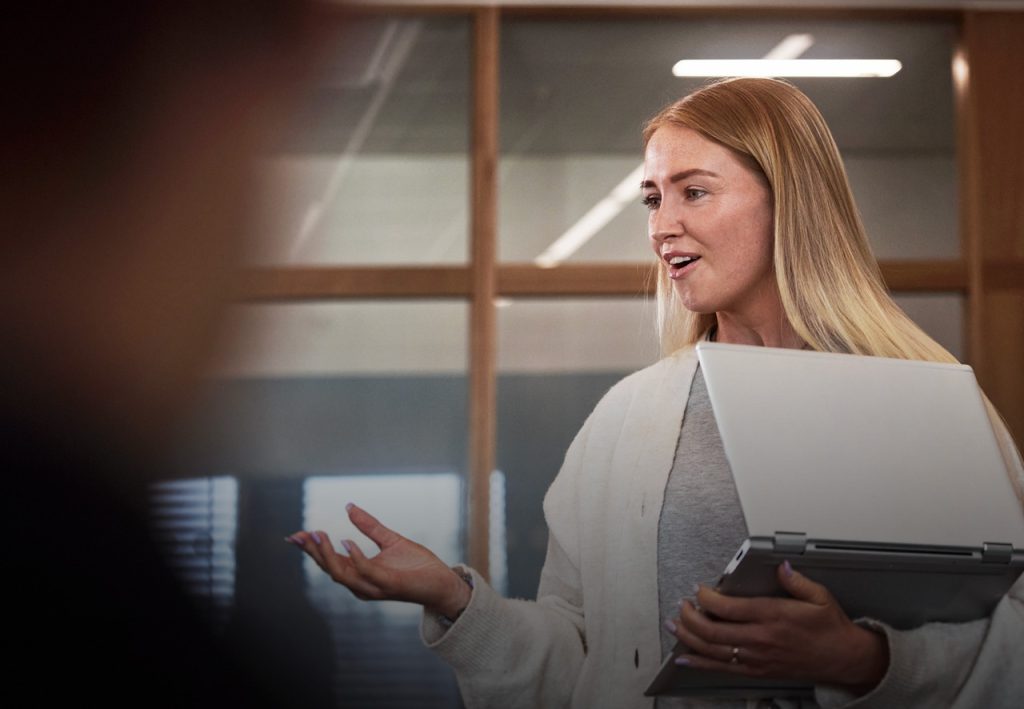
In order to adapt to global warming and limit the impacts of climate change, towns and cities are exploring new sustainable travel options and infrastructure.
By utilising anonymized and aggregated mobile network data from millions of network events, Kristina and her team are providing the insights we need to help cities build better transport solutions with confidence. Lowering congestion, and with it, emissions.


“The data is fascinating,” says Kristina. “We can see what routes are being used, when, where, and how much carbon dioxide is emitted.”
Kristina compiles and analyses the data, using an advanced model, CERO, identifying the changes that can be implemented to save money and reduce emissions.
“Most transport pollution is attributed to owned cars. While only a tiny percentage is generated by public transport.”
And though it’s clear that cities need to make changes, the best way to transition may be less certain.
“You can’t build a road one day and see the reaction of people,” says Kristina. “But if you know the data, you know which way to go. That’s the biggest advantage.”


By collaborating with city planners and local administrations, Kristina is able to take real movement data to simulate the impact of introducing a new traffic solution such as a bike lane or no-car zone. These partnerships are making a big difference.
The Swedish municipality of Järfälla is now working closely with Kristina and her team at Telia to reduce carbon emissions by 10–15 per cent every year. The impact is wide reaching, but also local, and personal.
“I can even make changes where I live,” says Kristina, currently working on a project based in her home city of Tallinn. “Cities must be made for people. Not cars.”
We’re Telia. And we’re making better city life happen with crowd insights.



